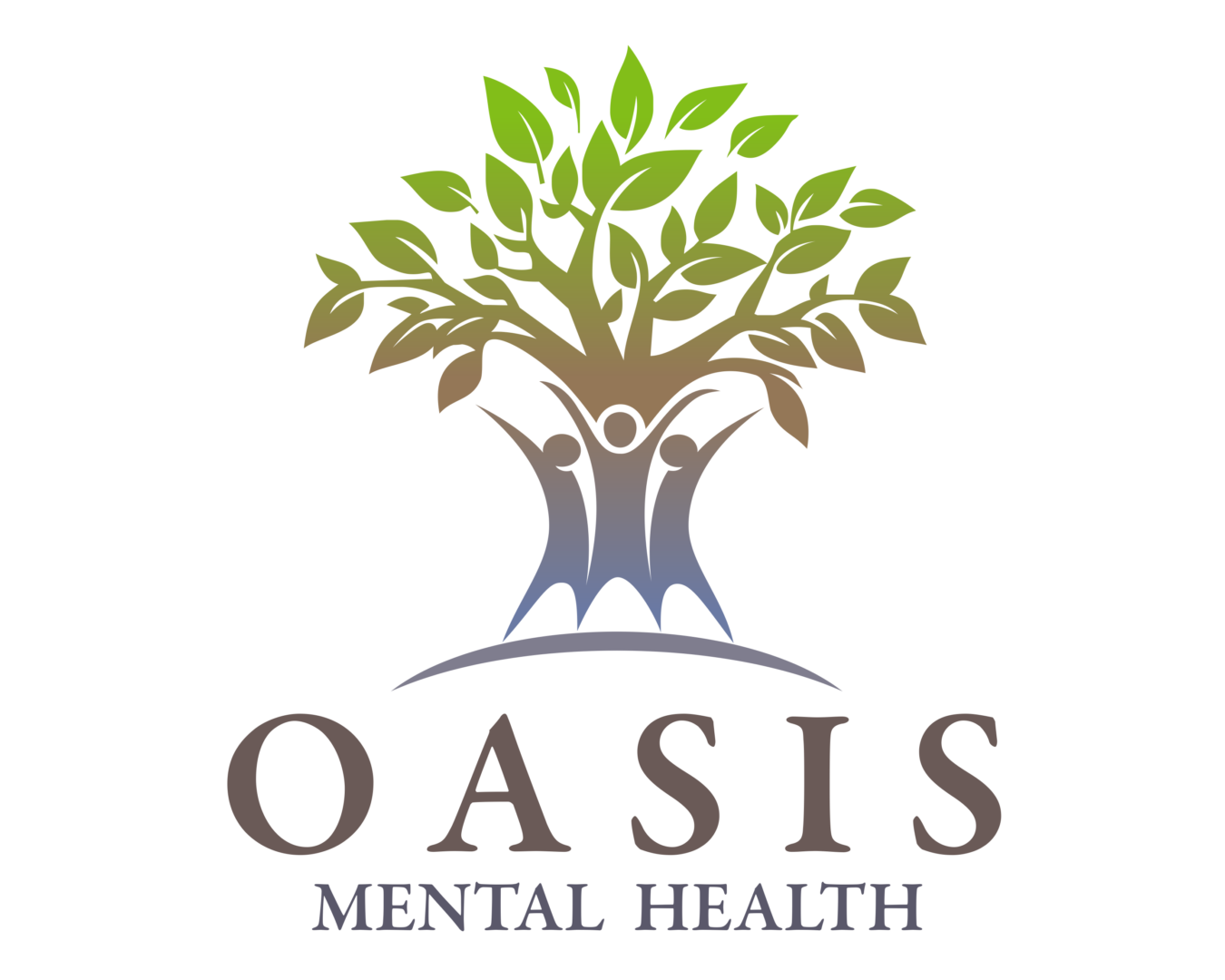What is Anger?
Anger is a fascinating emotion. Some people enter therapy, stating that they have “too much” anger. It gets them in trouble at home, at work, or at school. Some people are only angry at themselves. This often leads to feelings of worthlessness and depression. What many people don’t realize is that anger per se is not harmful to us. Anger is an emotion, a feeling state. It’s what we do with our anger that can lead to difficulties. In addition, if anger takes the place of our other emotions (for example, sadness, shame, or anxiety) it can severely limit our own sense of self — and hurt the relationships with others.
When people enter therapy for "Anger Management," they often refer to responding to anger in aggression. Aggression means that we act out and may attack other people verbally, emotionally, or even physically.
What We Can Do to Help You Or Your Child
At Oasis, we have experience treating individuals with (excessive) anger or aggressive behaviors. In Anger Management counseling, we address the following topics.
